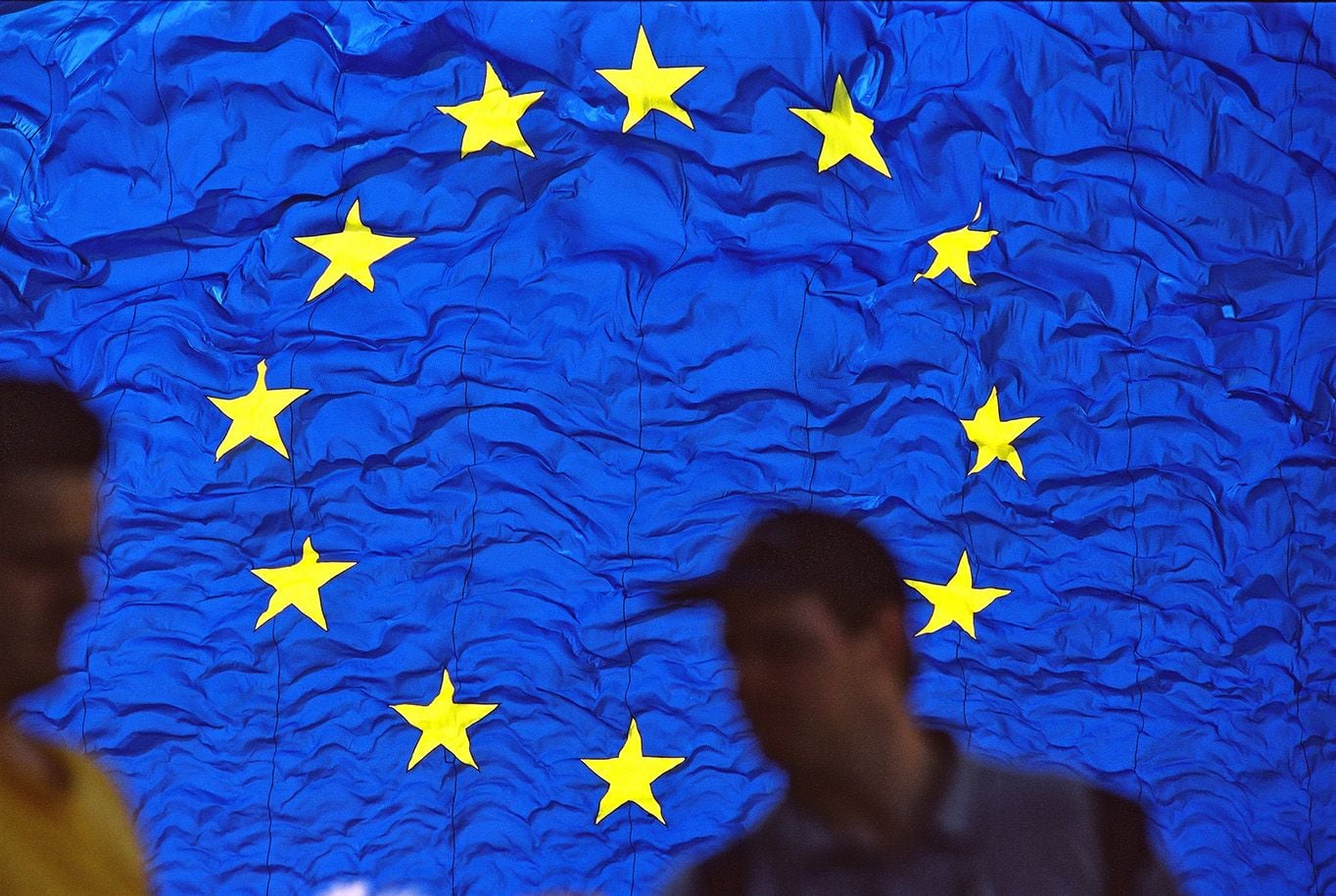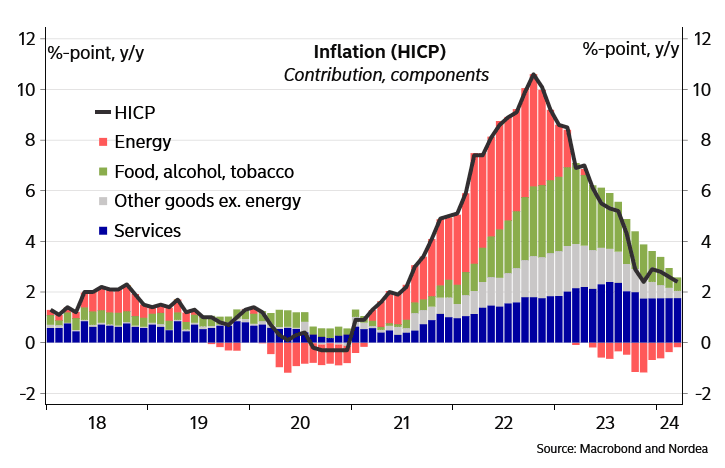Euro Hits Day’s Lows Against Pound and Dollar Following Inflation Undershoot, But Weakness to be Limited


Image © European Commission Audiovisual Services
The Euro touched daily lows against the Pound and Dollar following the release of softer-than-forecast inflation data that firmed expectations for a June rate cut at the European Central Bank (ECB), but robust services inflation will limit the single currency’s losses.
The Euro to Pound exchange rate dipped to a daily low at 0.8560 after the release of data showing Eurozone CPI inflation fell to 2.4% year-on-year in March from February’s 2.6%, undershooting expectations for a 2.5% print.
The core inflation rate – which the ECB is particularly interested – fell to 2.9% from 3.1%, undershooting the 3.0% expected by markets.
The Euro to Dollar exchange rate fell to 1.0768 as market bets for a June rate cut at the ECB firmed slightly on these figures which confirm the ECB is on course to bring inflation back to the 2.0% target on a sustainable basis.
Yet the downside surprise was not large enough to significantly alter expectations for a cut as soon as next week when the ECB meets to decide on interest rates.
The ECB will be reluctant to act too soon given Services inflation – which is linked to pay rises – remains relatively high at an unchanged 4% y/y in March.
ECB President Christine Lagarde has communicated that the central bank would only move if Spring pay settlements are contained and consistent with further progress in services inflation. Euro downside is likely to be limited as a result.
Above: Services inflation will ultimately stem the deflationary process and keep the ECB alert to cutting rates too fast.
“We do not expect the ECB to hurry with their rate cuts and their recent communication has very much supported our expectation that a first rate cut will take place in June,” says Tuuli Koivu, Chief Economist at Nordea Bank.
“We expect that service price inflation will continue to be elevated due to continuous wage pressures,” she adds.
Nordea Bank expects Eurozone wage increases to continue at relatively high levels, which will boost unit labour costs, assuming that there is no significant positive surprise in productivity.
As a result, the ECB will only move gradually on cutting interest rates, given the robust labour market developments which will keep service price inflation at somewhat elevated levels.
Source link





